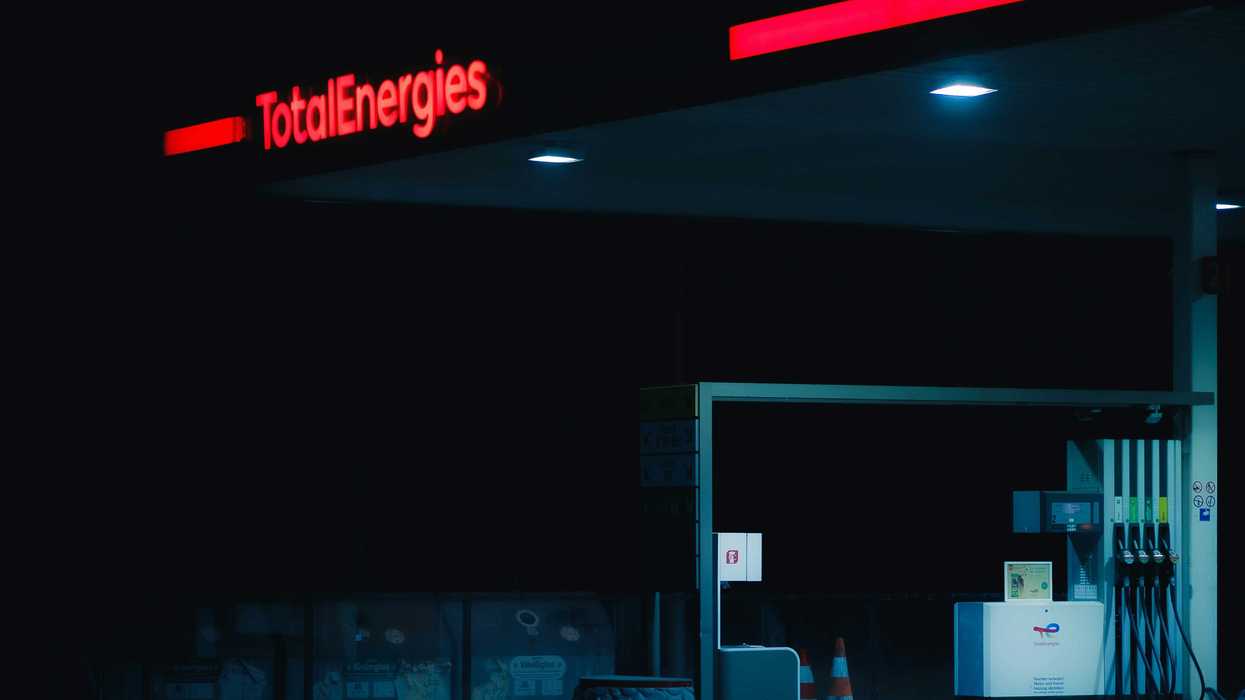A recent study has uncovered alarming levels of per- and polyfluoroalkyl substances in water samples from Dhaka, Bangladesh, particularly near textile factories.
Sarah Johnson reports for The Guardian.
In short:
- A study found high concentrations of polyfluoroalkyl substances (PFAS) in 27 water samples from Dhaka, Bangladesh, near textile factories.
- Many samples exceeded EU and US regulatory limits, with some containing banned chemicals.
- The textile industry is a major PFAS polluter, with contamination found downstream from factories.
Key quote:
"Bangladesh is an international textiles manufacturing hub, and the prevalence of toxic chemical emissions from this sector puts our residents at higher risk."
— Siddika Sultana, executive director of Esdo in Bangladesh
Why this matters:
Dhaka, a hub for textile manufacturing, contributes significantly to the global fashion supply chain. However, this economic boon comes at a steep environmental and public health cost. The textile industry is notorious for its extensive use of chemicals, many of which end up in waterways. PFAS are used in various stages of textile production, such as stain-resistant coatings and waterproof fabrics, which leads to their release into the environment.
Related EHN coverage:














